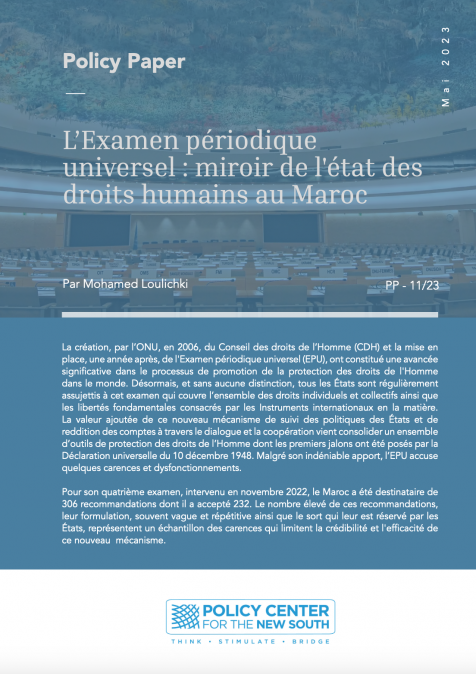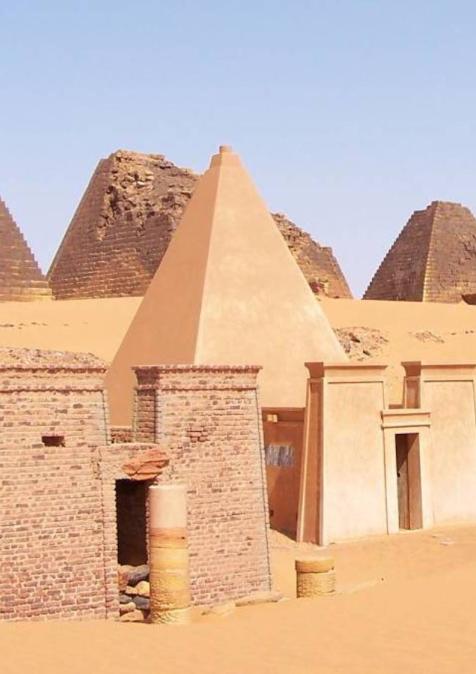Publications /
Policy Paper
La création, par l’ONU, en 2006, du Conseil des droits de l’Homme (CDH) et la mise en place, une année après, de l'Examen périodique universel (EPU), ont constitué une avancée significative dans le processus de promotion de la protection des droits de l'Homme dans le monde. Désormais, et sans aucune distinction, tous les États sont régulièrement assujettis à cet examen qui couvre l’ensemble des droits individuels et collectifs ainsi que les libertés fondamentales consacrés par les Instruments internationaux en la matière. La valeur ajoutée de ce nouveau mécanisme de suivi des politiques des États et de reddition des comptes à travers le dialogue et la coopération vient consolider un ensemble d’outils de protection des droits de l’Homme dont les premiers jalons ont été posés par la Déclaration universelle du 10 décembre 1948. Malgré son indéniable apport, l’EPU accuse quelques carences et dysfonctionnements.
Pour son quatrième examen, intervenu en novembre 2022, le Maroc a été destinataire de 306 recommandations dont il a accepté 232. Le nombre élevé de ces recommandations, leur formulation, souvent vague et répétitive ainsi que le sort qui leur est réservé par les États, représentent un échantillon des carences qui limitent la crédibilité et l'efficacité de ce nouveau mécanisme.











